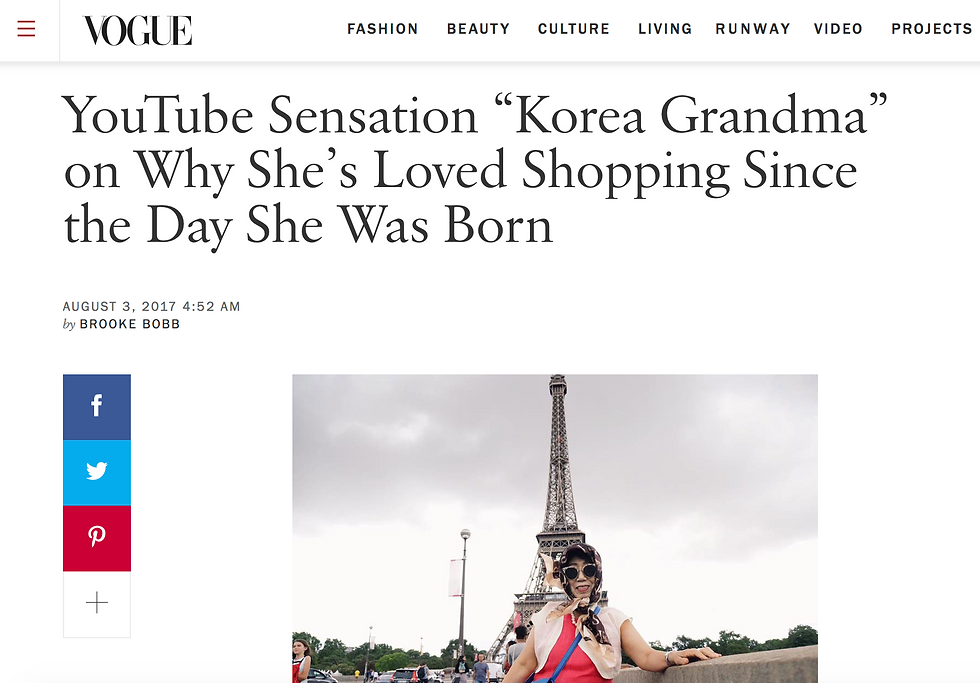Ajumma, how much is it?
- J M
- 2016년 4월 24일
- 2분 분량
Today, I went out with my parents to have lunch together. We had Chinese food in Myeong-dong and headed to Dongdaemun area to visit Gwangjang Market. Gwangjang Market is famous with variety of street foods and other stuff such as Hanbok (Korean traditional dress). And this market is also well known to travellers who visit Korea.
We also love visiting Gwangjang Market just for browsing. When we visited to this market today, my mum wanted to buy a blanket for spring. Yes, they sell blankets in reasonable price but the quality is very good. Anyway, when my mum went into one shop to browse blankets, me and my dad were waiting for her outside because the shop was very tiny to fit ourselves into.
At that time, five foreigners were looking at pillows and blankets of that shop. They’ve asked price for those items to the shop owner.
“Ajumma! How much is it?”
I smiled when I heard that word, Ajumma! Then, the ajumma came out of the shop and told them (almost yelled) the price in Korean. They couldn’t understand and the ajumma tried to explain the price with her fingers. So I just translated the price from Korean to English. Both the ajumma and those travellers became happy because the ajumma could sell the blanket and they could buy the blanket.
The point what I want to tell you is how the word Ajumma is getting familiar with people even though they are foreigners! Ajumma is our culture and this word presents the familirity and warmness of middle-aged Korean women I think and I saw. I went to one of the conference in Korean last week and I got attacked from some of audiences about using the word Ajumma. They mentioned that using the word of ajumma could be lead disdaining the Korean middle-aged women. (I will write more about this issue for next blog post, there are so many things that I really want to write about).
Anyway, ajummas are our culture I no longer thinking the word ajummas are the one that disdains the middle-aged women in Korea.




댓글